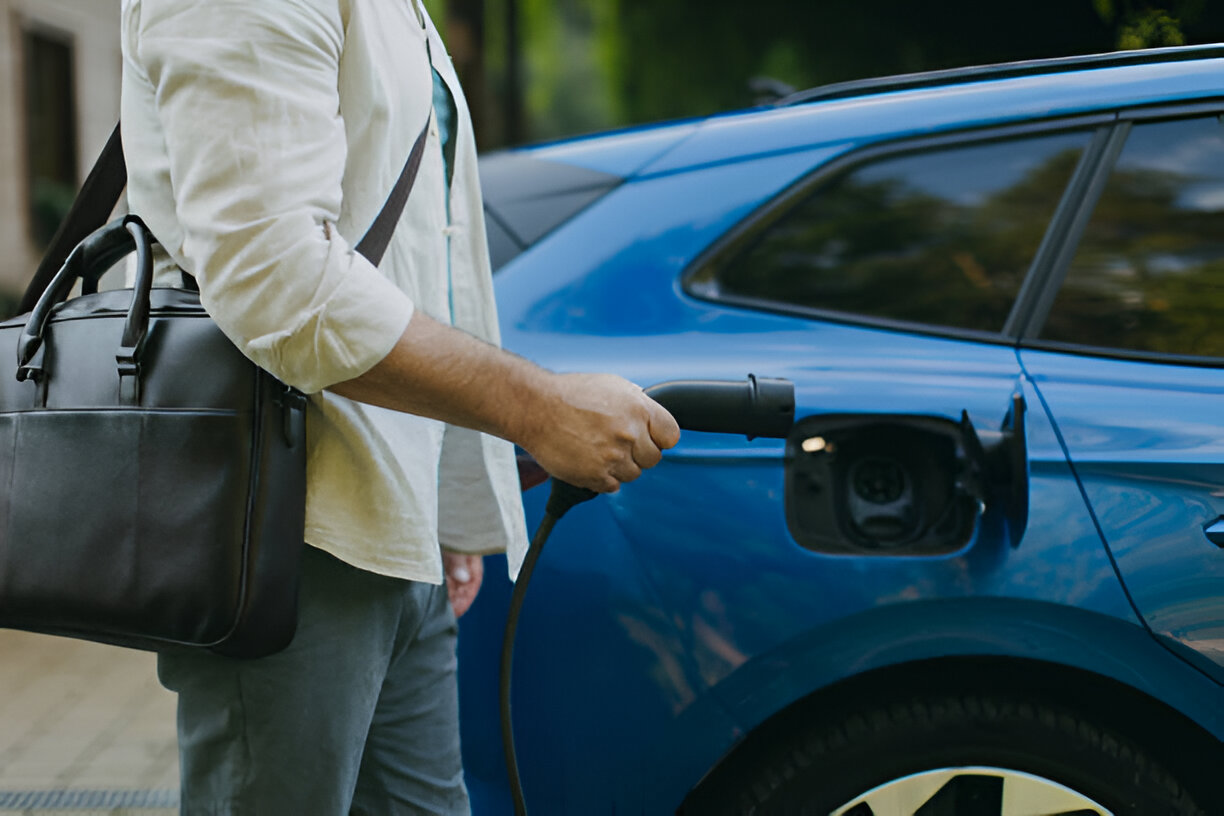

EV Myths vs. Facts: Debunking Common Misconceptions About Electric Vehicles
As electric vehicles (EVs) continue to grow in popularity, so do the myths and misconceptions surrounding them. While many people are making the switch to greener transportation, misinformation can deter potential buyers. Let’s set the record straight by exploring some common EV myths and the facts that debunk them.
Myth 1: EVs Have Limited Range
One of the most persistent myths is that electric vehicles have a limited range, making them impractical for long-distance travel. While early models did have shorter ranges, today’s EVs can travel over 300 miles on a single charge. For instance, the Tesla Model S can exceed 400 miles, and new advancements continue to extend these limits. With an expanding network of fast chargers, long-distance travel is more feasible than ever.
Myth 2: EVs Are Too Expensive
While it’s true that the upfront cost of an EV can be higher than traditional vehicles, it’s important to consider the total cost of ownership. EVs typically have lower maintenance costs since they have fewer moving parts and don’t require oil changes. Additionally, electricity is cheaper than gasoline, leading to significant savings over time. Government incentives and tax credits can also reduce the purchase price, making EVs more affordable.
Myth 3: EVs Are Not Environmentally Friendly
Some argue that EVs are not as green as they seem due to the environmental impact of battery production and electricity generation. However, studies show that EVs have a lower carbon footprint over their lifetime compared to gasoline vehicles. As renewable energy sources like wind and solar become more prevalent, the electricity powering EVs is becoming cleaner. Moreover, advancements in battery recycling are helping to mitigate environmental concerns.
Myth 4: EVs Are Slow and Lack Performance
Another common misconception is that EVs are slow and don’t offer the same performance as traditional cars. In reality, EVs are known for their impressive acceleration and torque, often outperforming their gasoline counterparts. The instant power delivery from electric motors means that many EVs can accelerate from 0 to 60 mph in under four seconds, offering a thrilling driving experience.
Myth 5: EV Charging Takes Too Long
While it’s true that charging an EV takes longer than filling up a gas tank, advancements in charging technology are reducing this time significantly. Fast chargers can provide up to 80% charge in about 20-30 minutes, which is ideal for longer trips. For daily use, most EV owners charge their vehicles overnight at home, waking up to a full battery every morning.
Conclusion
Electric vehicles are rapidly evolving, and with them, the misconceptions are gradually being addressed. By understanding the facts, consumers can make informed decisions about switching to cleaner, more sustainable transportation. As technology advances, EVs are poised to become an even more attractive option for drivers worldwide. Embracing this change means not only benefiting from the technological advancements but also contributing to a healthier planet.
Add a comment Cancel reply
Categories
- Car News (10)
- Car Reviews (7)
- Educational Tips (7)
- Electric Cars (9)
- EV Battery (1)
- EV Charging (8)
- EV Testing (3)
- Uncategorized (28)
Recent Posts
Related posts


EV Myths vs Facts What You Really Need to Know

The Green Revolution How EVs Are Leading the Way









